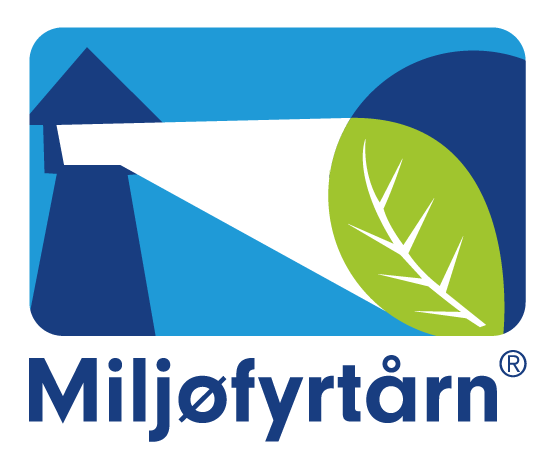Sustainability
We integrate sustainability strategies in our value chain from planning to construction, and in building management. We have set ambitious goals for energy use, reuse of materials, and land use - and we are an active player in the development of innovative solutions that will make it possible to achieve them. By 2030, we will reduce our greenhouse gas footprint by 60 percent.

We will reduce our greenhouse gas footprint by 60% by 2030 through targeted efforts and new innovative solutions.
-
Linstow will contribute to achieving the global climate goals, and the UN Sustainable Development Goals guide our work. We have also endorsed the Real Estate Sector's roadmap towards 2050, and follow the Roadmap's recommendation on choices that should be made in the short and long term for the real estate sector to contribute to a sustainable society. The short term initiatives are defined in two versions - 1.0 and 2.0. Linstow has implemented all ten initiatives of 1.0, and the implementation of the ten initiatives in 2.0 is in process.
-
Linstow has a framework for greenhouse gas footprint reporting for all our wholly owned properties, reflecting to 2010. Every six months, the footprint of all properties is measured, so that we can evaluate the effect of our strategic initiatives and gain valuable insight for the implementing of new ones. Our goal is to reduce our footprint by 60% by 2030.
-
Linstow was among the first to set sustainability standards for buildings back in 2006. Today, we use several certifications for our properties both in Norway and abroad. These help us to work systematically with development and management of our properties and providing our clients the certainty of having climate-friendly and energy-efficient buildings.
BREEAM
Linstow uses BREEAM-NOR for environmental certification of all new buildings we build and for all renovated buildings. The criteria in the BREEAM manual are generally more stringent than the minimum standards in regulations for the real estate industry. The BREEAM`s criteria are based on documented environmental performance in nine categories: Management, health and indoor environment, energy, transport, water, materials, waste, land use and ecology as well as pollution. Our new or renovated office buildings must meet the requirements of BREEAM-NOR Very Good including meeting the taxonomy requirements. Other segments are assessed in each case and Excellent must always be assessed. All our fully developed properties are/will be BREEAM-in-use certified. BREEAM is now developing its own environmental certification for area development, called BREEAM Communities. Bergen Business Park is one of three pilot projects in Norway.
GREEN KEY
Linstow's hotels abroad are members of GREEN KEY, an international organization that certifies environmentally friendly hotels and commits hotels to follow established guidelines in energy use, waste sorting and employee training. Linstow's Norwegian hotel, Comfort Hotel Bergen Airport, has implemented the internationally recognized ISO 14001 environmental standard and works actively to continuously reduce its environmental impact.Eco-Lighthouse
All Linstow's wholly owned properties in Norway are certified/will be certified as Eco-Lighthouses. The certification criteria cover important areas such as working environment, waste management, energy use, purchasing and transport. This gives us a basis for implementing effective improvements. The Eco-Lighthouse is affiliated with EMAS - The EU Eco-Management and Audit Scheme, which gives this environmental certification validity also for our operations outside Norway. -
Linstow aims to be a pioneer for efficient use of resources in both the construction and rehabilitation of buildings. Reuse and recycling of materials is key to saving resources and reducing greenhouse gas emissions and waste volumes. This holds high priority in all our projects. In addition, we have entered several innovation collaborations. As an example, we have a letter of intent with Nordic Circles to assess the possibilities of reusing materials from scrapped oil platforms and ships. We are also looking into how we can use recycled materials as façade elements on a new office building in Bergen Business Park. Another example is a collaboration with the waste collection company, BIR, to collect wood from recycling stations in Bergen.
-
Buildings affect quality of life, interaction, and community development. Linstow puts together multi-disciplinary teams to develop solutions where people and the environment are at the center. This means, among other things, that we develop and implement new concepts throughout the life cycle and implement new technology and solutions that increase value. In addition, we have an R&D project with SINTEF, called "Building Health". Here we will uncover how the living environment and surrounding areas can stimulate physical activity, social participation, sense of coping and security – regardless of life situation, age and functional ability. Our goal is to create places that create value for both individuals - and society at large.
-
Linstow is one of the partners in Proptech Norway, a non-profit network of entrepreneurs, real estate companies, and investors sharing insight about new technology and business models to promote sustainable development of cities. New digital tools, more efficient processes, better decision support, lower energy consumption and new business models are some key words.
